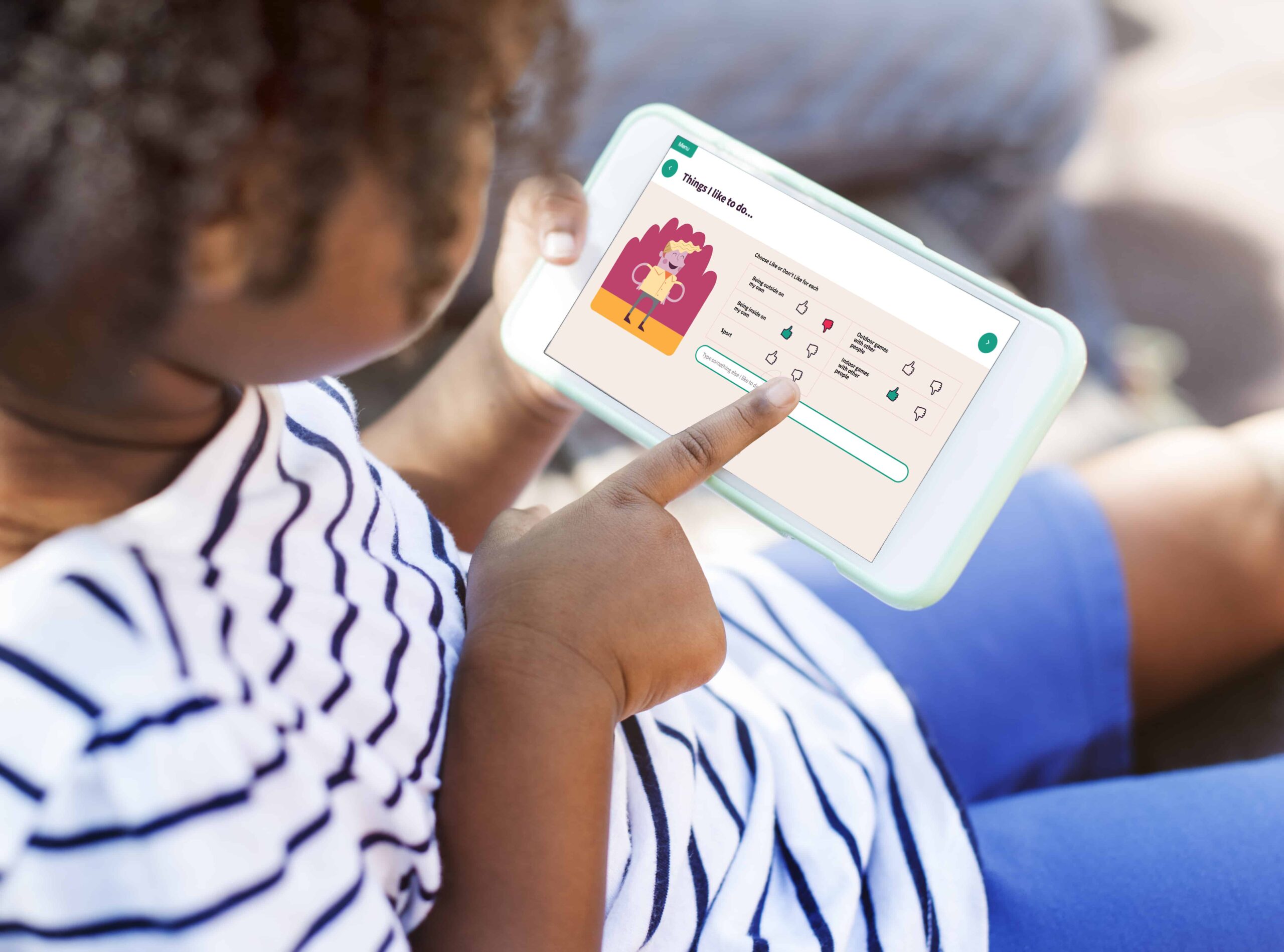In the previous post, director Jill Thorburn described a twelve point timeline of all the actions involved in averting crisis and promoting placement stability. Here she offers a wide selection of stories from the Mind Of My Own community that all reinforce the importance of involving young people in decision-making.
Success criteria
Social Care Institute for Excellence (SCIE) proposes three factors that make success more likely from a young person’s perspective. These are:
- The child feeling engaged with their carers and social workers about decision-making
- The child feeling motivated to stay and to make the placement work
- The child feeling that the placement is ‘right’ for them.
You can read more about the success criteria around the factors that make placements more likely to be stable here.
Children’s and young people’s stories
Here is a small sample of the stories we have received about how using Mind Of My Own can support permanency and placement stability for children and young people.
Mind Of My Own has been an invaluable tool in helping young people share crucial information about themselves through simple, incisive questions, helping them build stable relationships with their carers as well as share any problems they may have in order to have these resolved in the first possible instance.
John Egan, Action for Children
Children and young people can have their own One app account so they can give their view when they want to and are contributing to their looked after reviews and their foster carer’s reviews. By using the, ‘My Worker is Visiting’ scenario, children are more prepared for visits and are empowered to steer the agenda. As Agency Decision Maker, the use of Mind Of My Own has helped me to approve permanency as I am able to clearly see what the young person wants.
ADM, Perth and Kinross
Having the child’s view and voice is paramount in the work that we do. This then informs practice, risk assessment and decision making. The children and young people feel a lot more comfortable sharing their feelings. I also find that app helps children to develop their answers and we have had some very full and informative answers from some of my primary school users, and these were really appreciated by our fostering panel.
Social worker, Cambridgeshire
This is a very useful tool to engage young people who would otherwise not engage in any direct work or communicate their true wishes and feelings. From my experience, it has truly inspired some of the children to be bold and confident. Things that otherwise would have remained secret have been revealed. So the apps help a great deal. It has given voice and excitement to the children. It has built trust, confidence and sense of respect and participation. A child has disclosed his true feelings and wishes about his placement.
Social worker, Enfield
Work smarter
We can work smarter and use resources more efficiently. Social workers consistently say that the least enjoyable part of their role is paperwork. Conversely most social workers came into the job to do direct work with children and young people. Mind Of My Own apps save time on admin that is well spent in hearing the voice of the child. Social work doesn’t get much better.
Jill Thorburn




